At some point, this gets to be ridiculous. Online, I can buy any item from anywhere at any price, pay any bill, watch any movie, listen to any song, order dinner, schedule car repair or read about any subject on Wikipedia. I can determine the weather in Rio, sport scores of Barcelona, Parisian traffic or by GPS the location of my kids, just down the block. However, I absolutely cannot learn anything at all of the health history of the flesh and blood cancer patient sitting right in front of me.
Today, I am seeing long-term patient, Thomas R. Father of three and a really nice guy, Tom is a medical challenge. He is immunocompromised and status post 20 years of complex chemotherapy, radiotherapy, a bone marrow transplant and several bizarre complications, we barely understand. In the last two months, since his last visit with me, he has seen an internist, a dermatologist, a podiatrist, a neurologist, a dentist and an infectious disease specialist. These doctors ordered X-rays, lab tests, blood cultures, an EMG, a skin biopsy and several new medicines. These are confusing tests resulting in confusing diagnoses with confusing therapy in a confusing patient. What records do I have of all this new complexity? Nada. None. Moreover, based on our files, all these other physicians have none of ours.
Yesterday I saw Ellen T. This highly intelligent woman was previously in excellent health, but two years ago she suffered devastating hematological complications of routine surgery. She presently takes 21 different medicines from a laundry list of specialists, including several surgeons, kidney specialist, physiatrist, rheumatology, gastroenterology, cardiology and endocrinology. On January 1, 2013, two things went wrong. First, her blood sugars skyrocketed dangerously and remain over 300. Second, she changed her health insurance and most of her doctors do not participate in the new plan. She needs to immediately transfer her records and establish a new care team. Do we have a copy of all this information from all these locations? Not at all.
Bob M. dropped by the office to get a lab test after four months of chemotherapy. A tooth is causing pain, and it needs to come out. His dentist sent a note asking whether Bob should stop taking his blood thinner. Our records have no mention of any blood thinner. Bob never told us, because his primary care doctor has been prescribing and adjusting that unstable medication. We shudder at the thought of how the blood thinner interacted with the chemo.
Would you go to a bank that required you to carry a paper ledger of all your deposited money if you moved from one branch to another? Would you fly a commercial airline whose arrival at its destination airport was always a surprise? Shop at a supermarket with unlabeled aisles, food piled in bins, and secret prices that had to be looked up, one item as a time, when you checked out? We continue to tolerate a health care system where our personal information is kept locked in unconnected, non-communicating silos, so that every time we see a new practitioner we have to start again and the only thing that protects us from disaster is our own memory of our medical past. The result is duplication, error and instead of treating each patient based on their health history, doctors must guess about the best care, without knowing its possible impact.
Our entire medical histories, drug lists, allergies and complaints should be securely stored in an accessible common file much like Facebook, bank accounts or Amazon. Each of these maintains a master file on us, which can serve as a model. With our permission, doctors, pharmacists, nurses, podiatrists, chiropractors, hospitals and even nursing homes, should have easy, secure, on-line access. When you see a new caregiver, they should open this master file to understand who you are and, critically, record new diagnoses and treatments in that common electronic vault. A unified universal Electronic Medical Record (EMR) should be the foundation of health prevention and therapy, and not be some holy grail we never seem to reach.
There remain significant hurdles to reach this critical goal. We must push the techies to solve the obstacles to full universal EMR implementation, which include the challenge of data input, the rules for internal organization (what does the e-chart look like?), a national backbone and vital security. We must insist that health providers fully commit to this core project. Finally, we must allocate needed dollars to build this vital part of our infrastructure.
Will a universal EMR save dollars? Not right away, but in the near future, absolutely. Will it improve the safety, quality and efficiency of medical care and thereby save lives. Definitely. Is there any reason to maintain our system of primitive individual medical isolation? None at all, continued delay would be ridiculous.
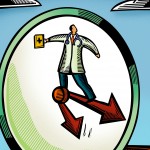

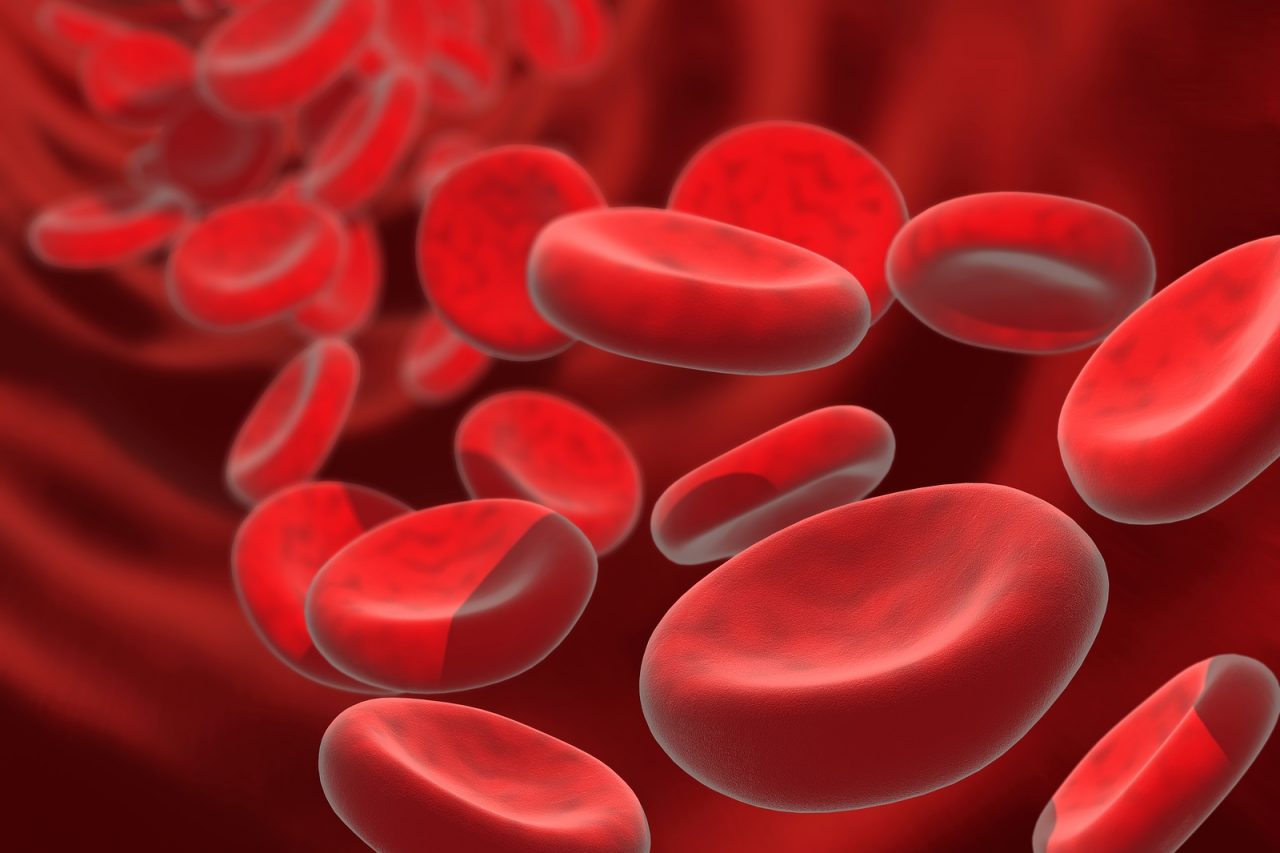
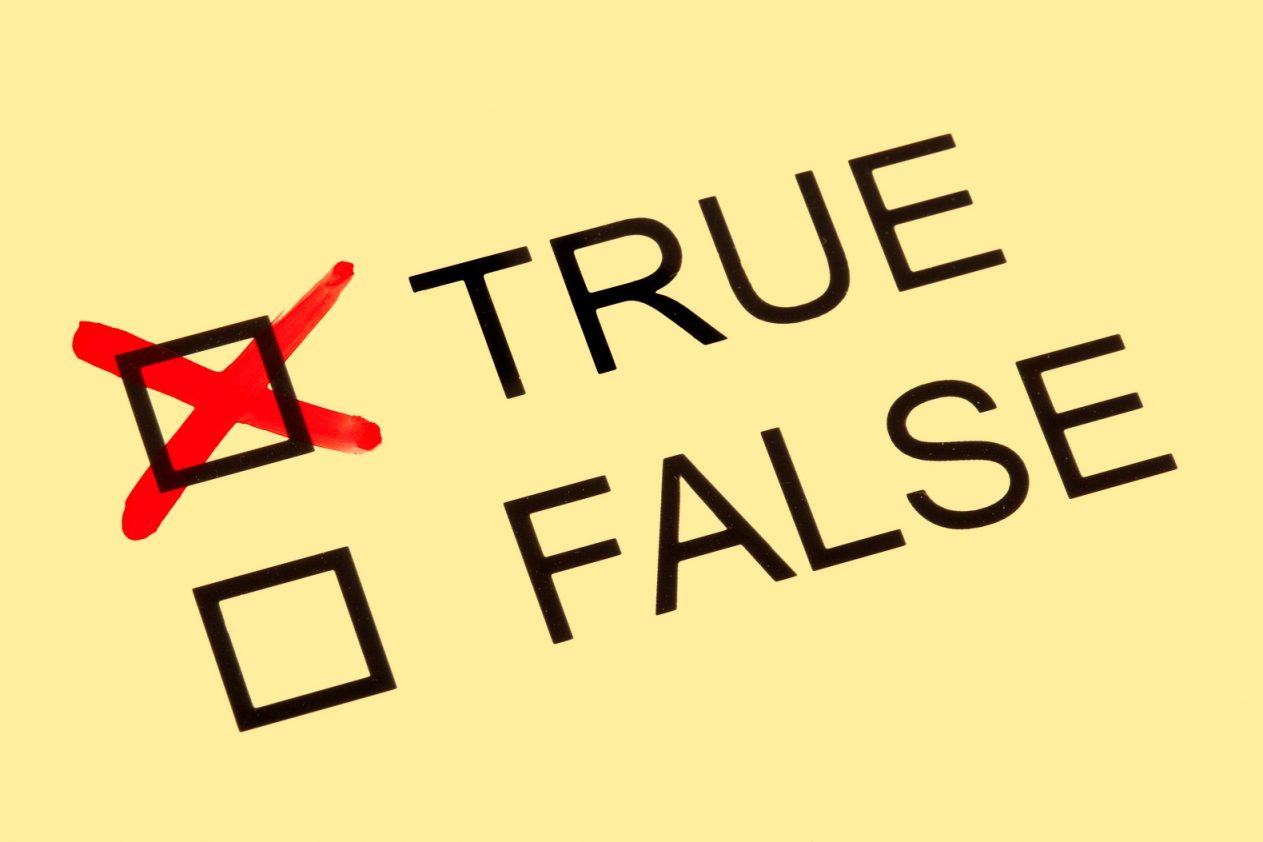
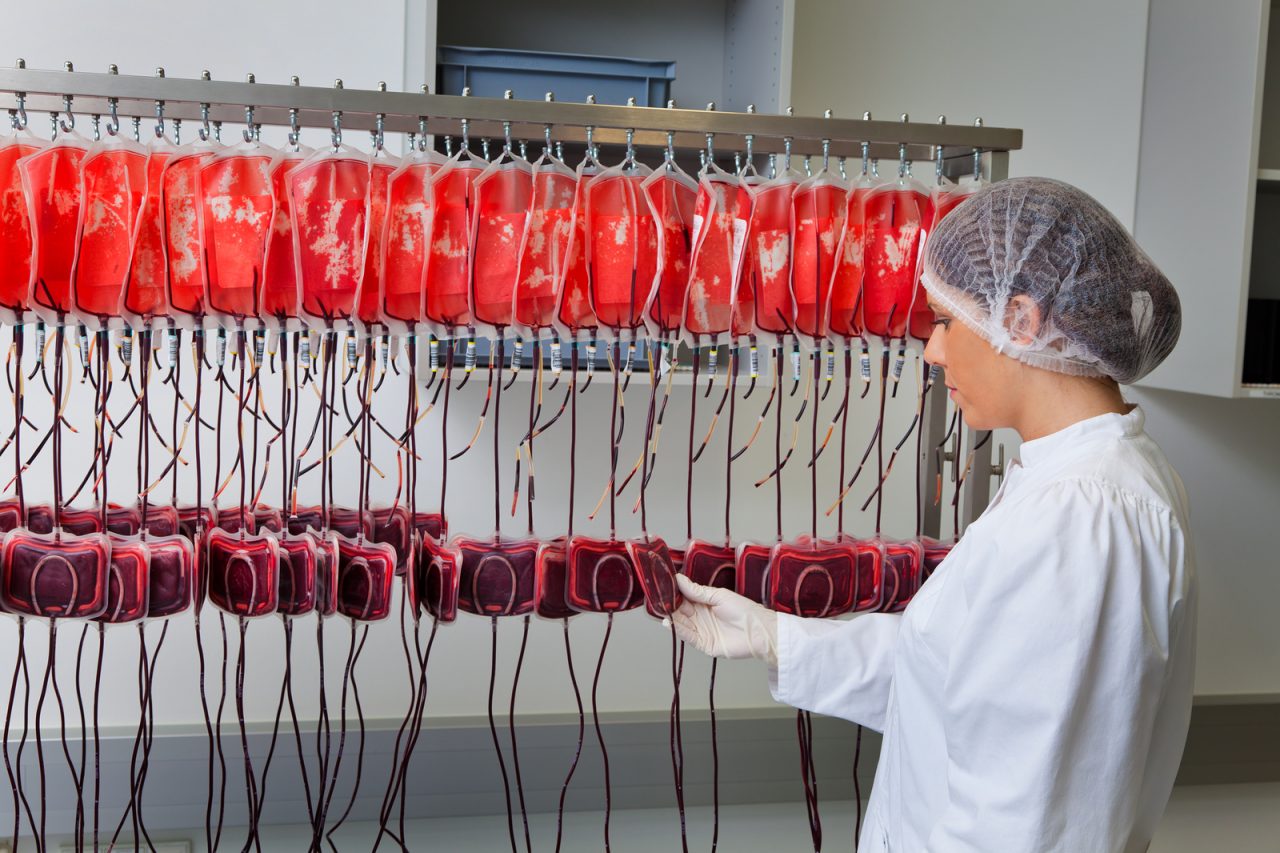
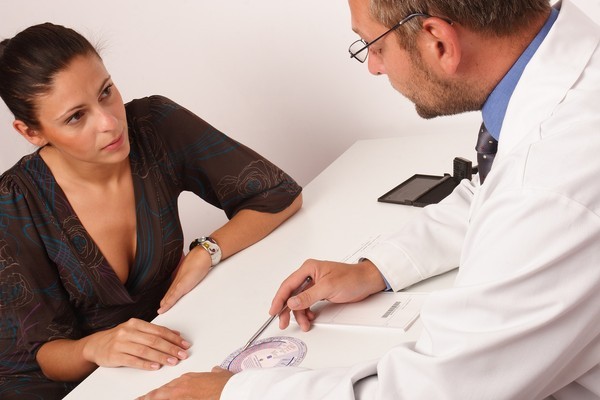
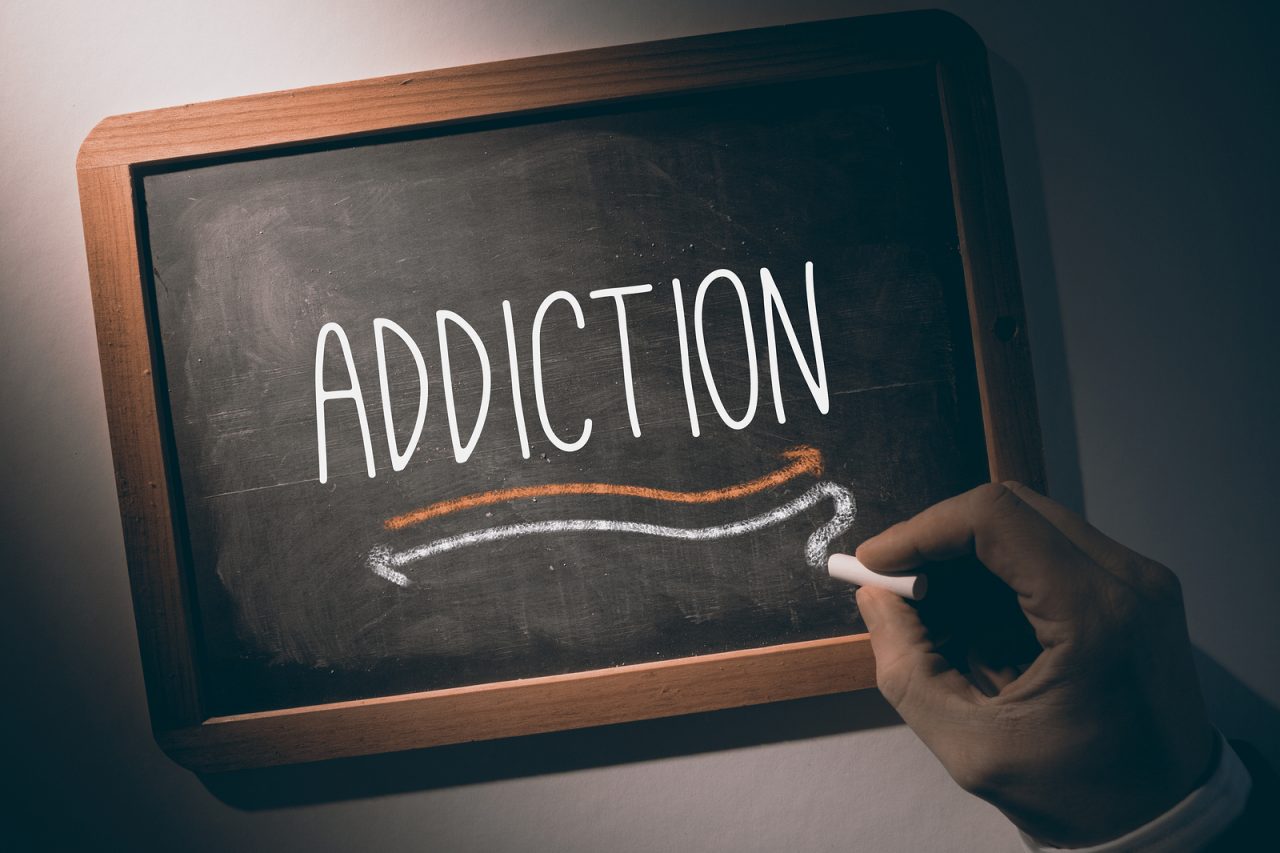
5 Comments